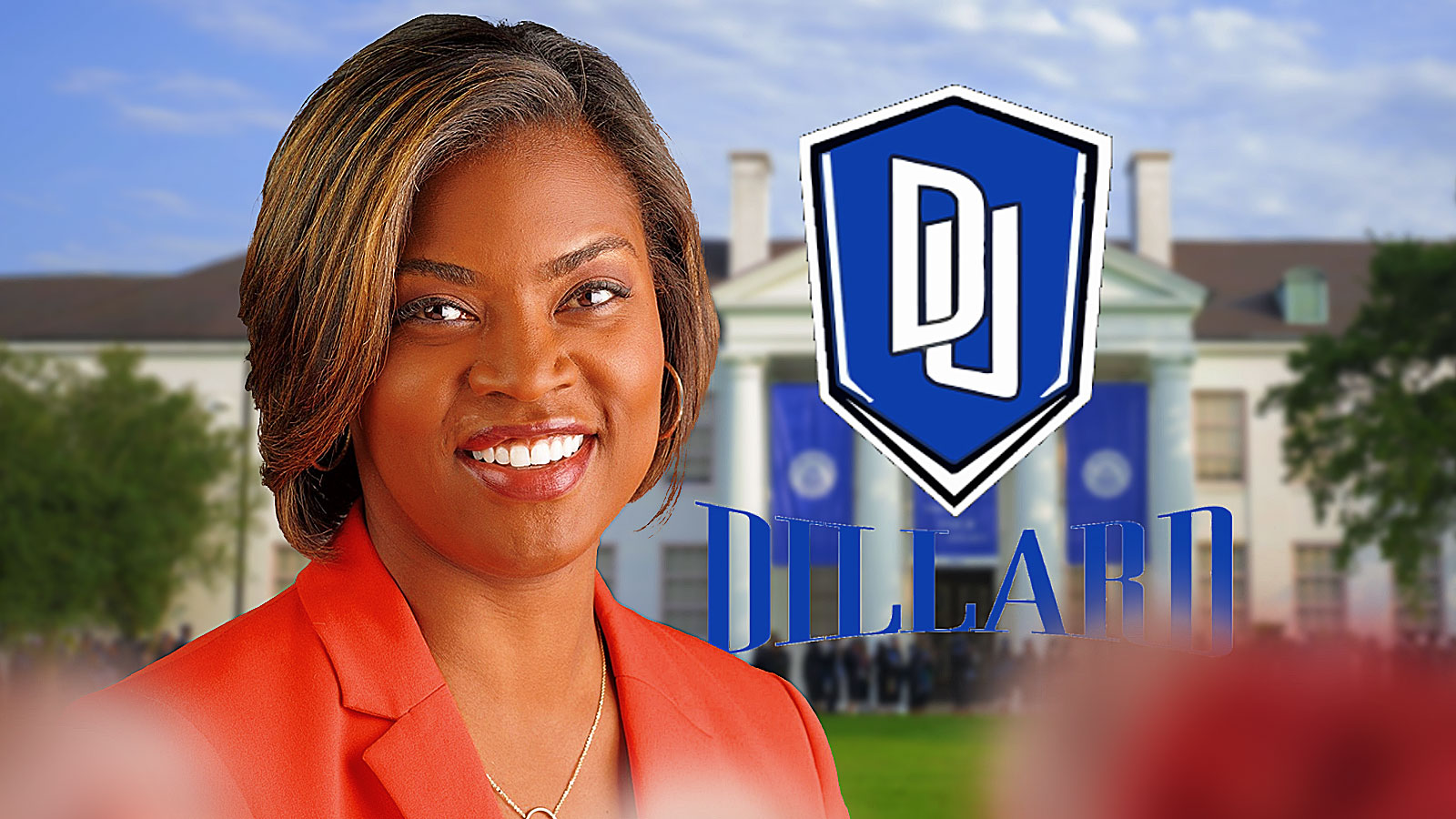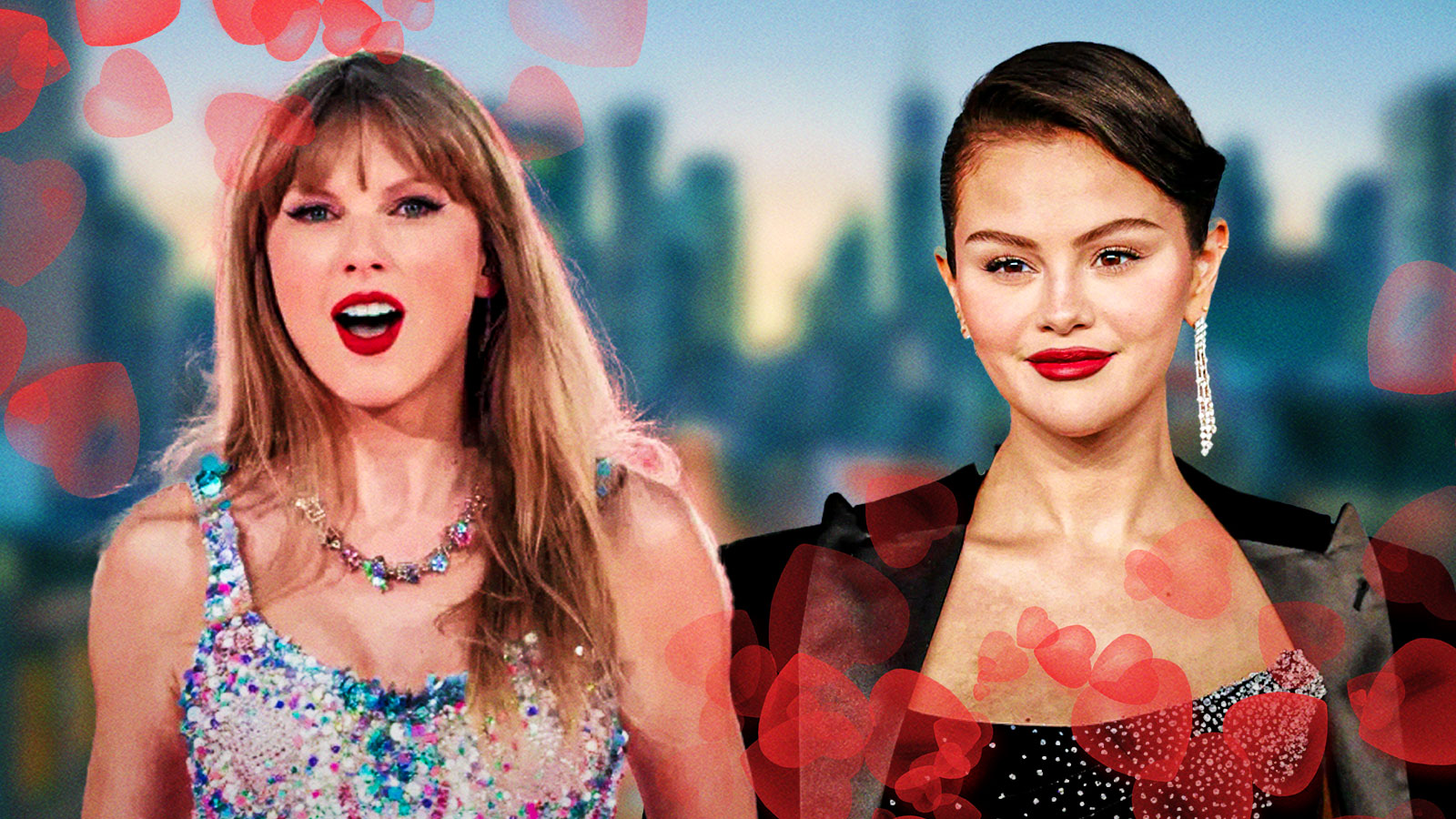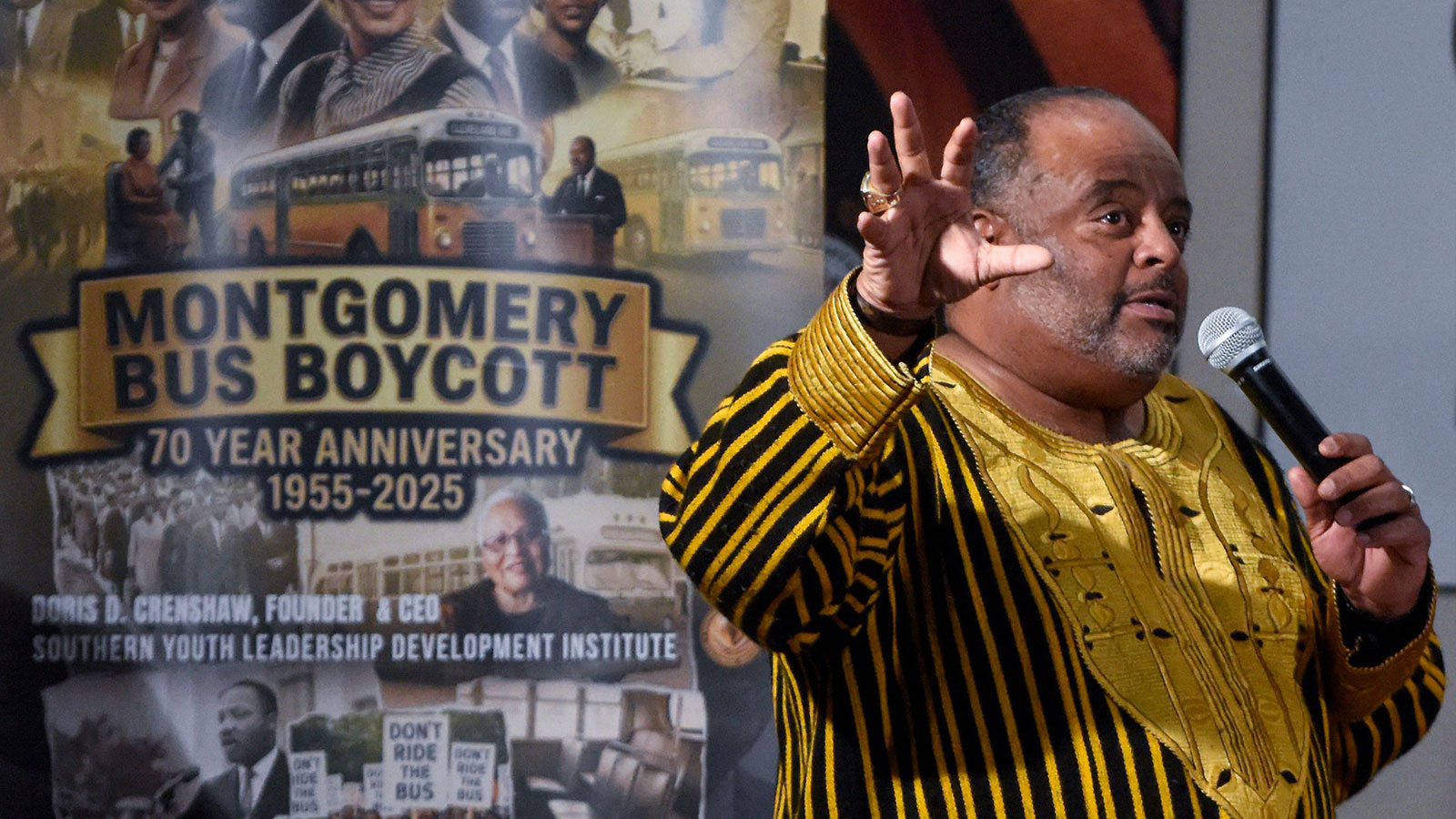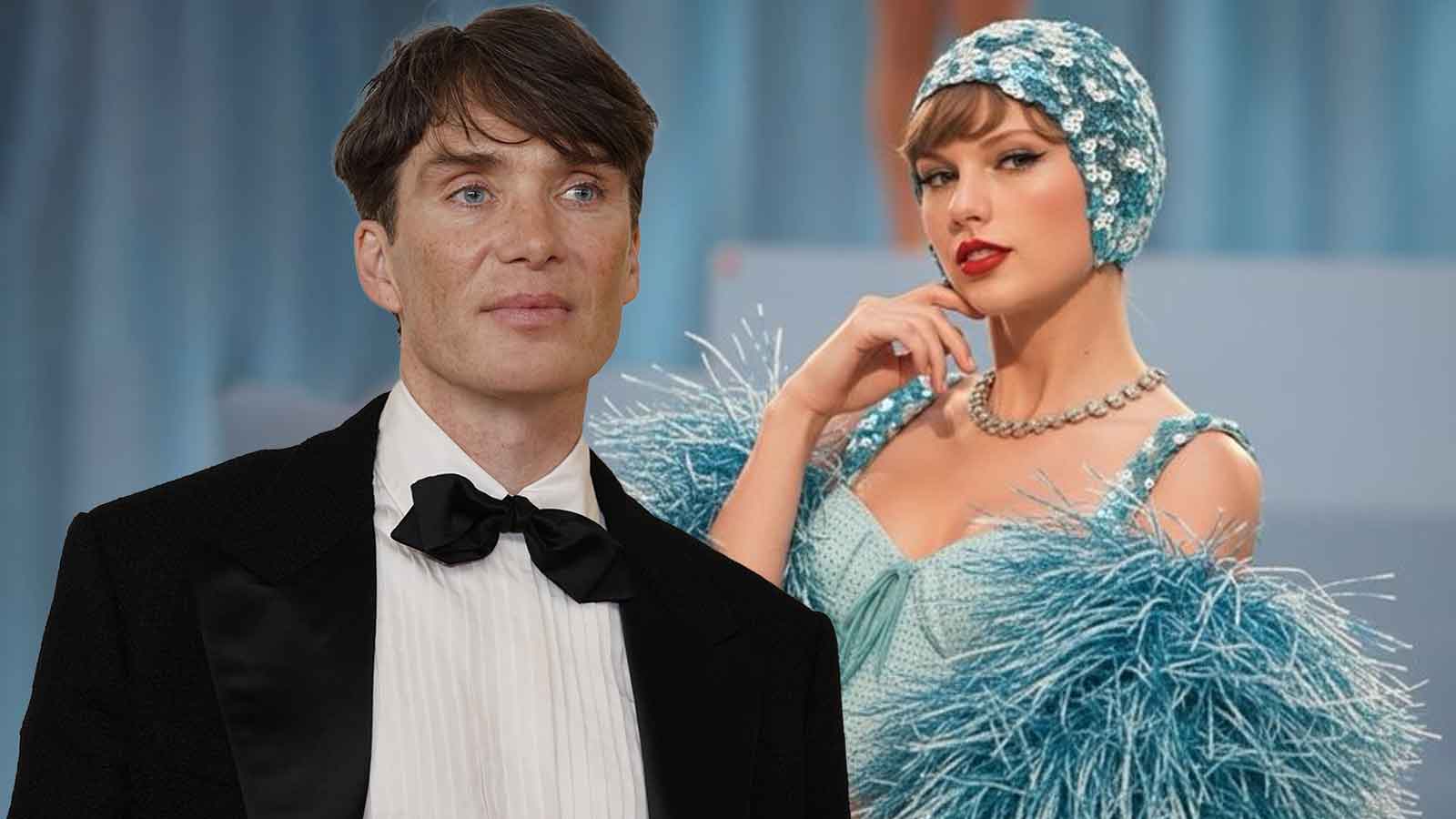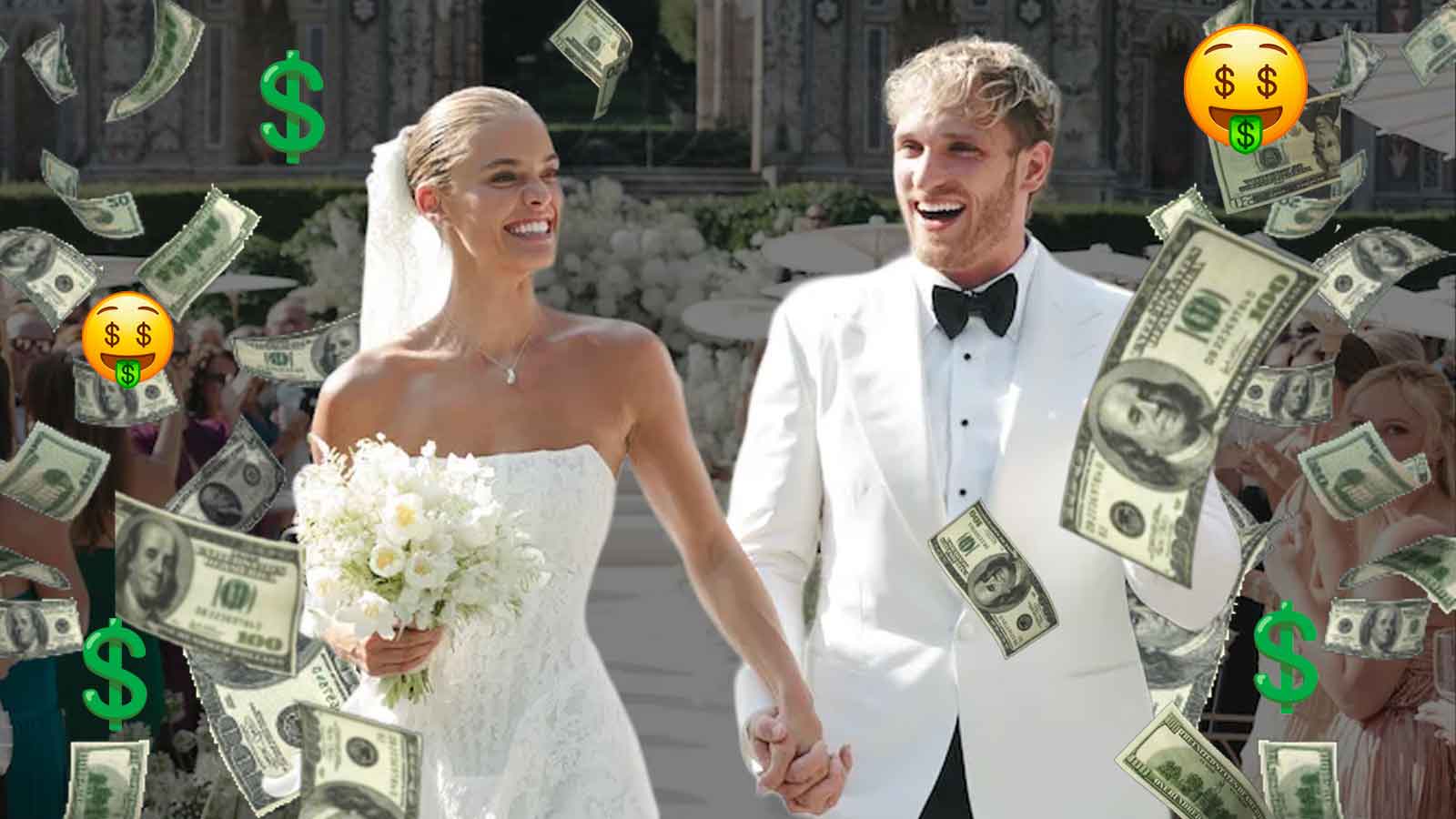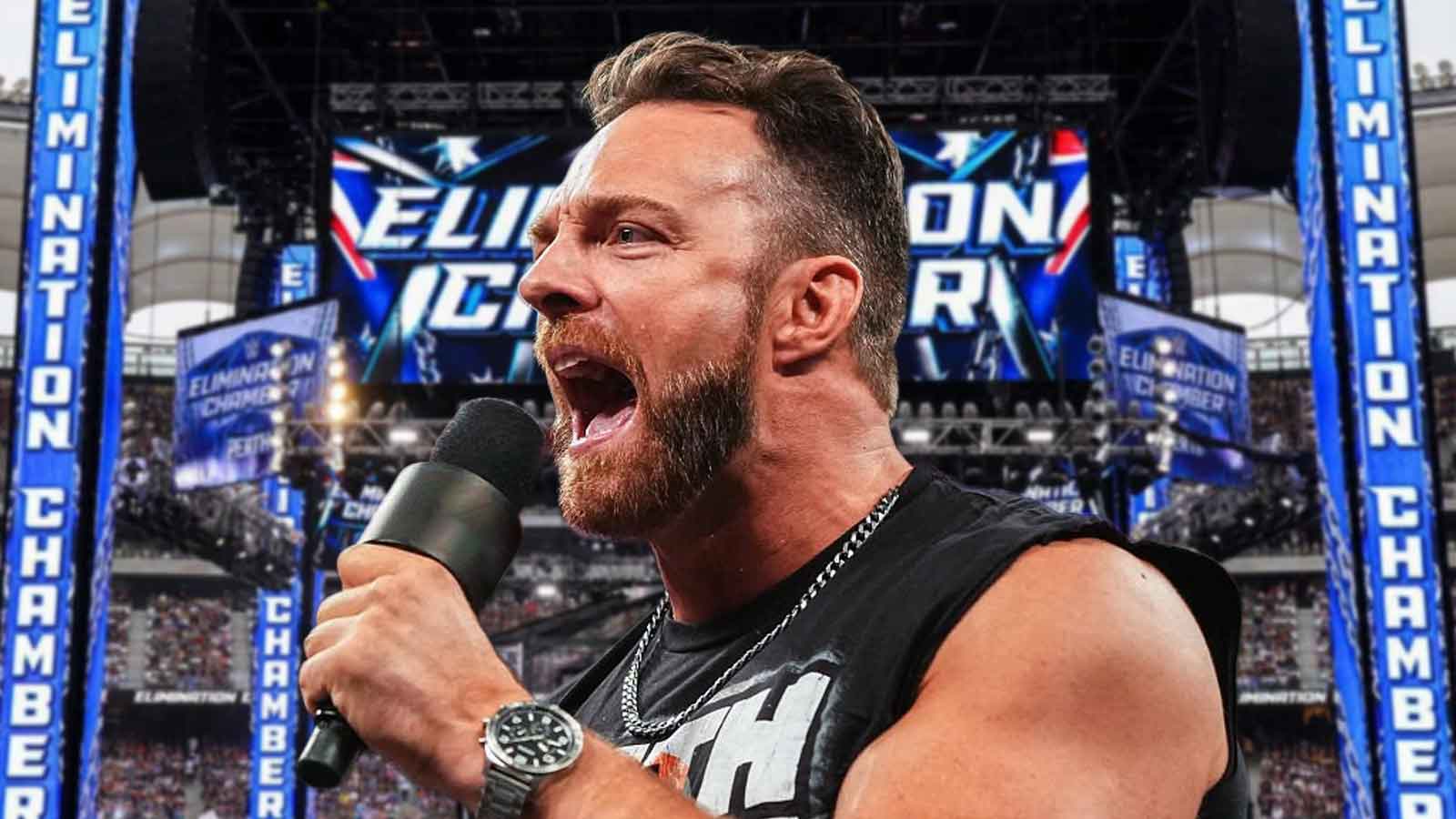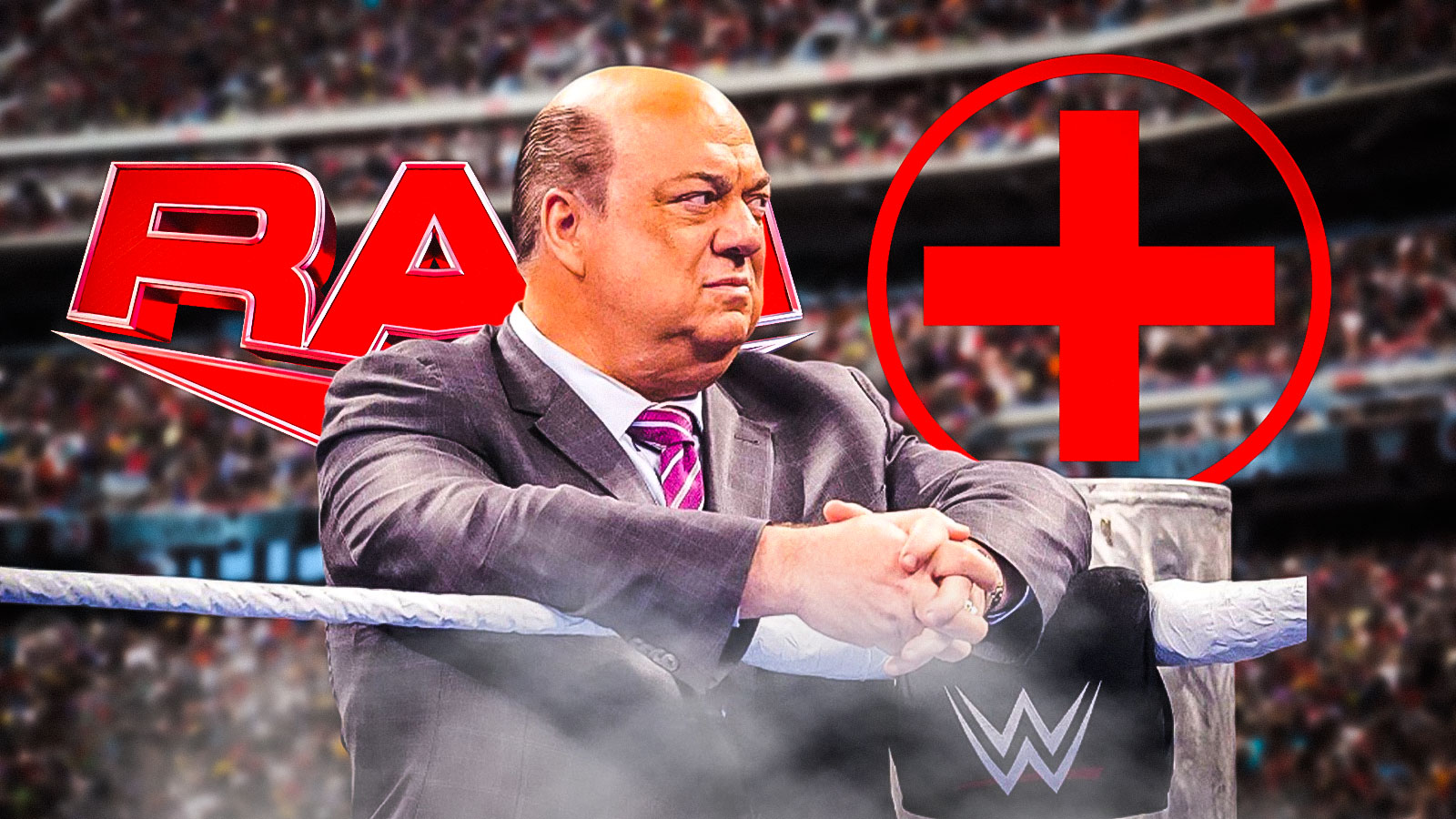Kobi Libii's directorial debut doesn't pull any punches with its title, The American Society of Magical Negroes. Also written by Libii, the satirical comedy pokes fun at the term that became popularized by Spike Lee in a series of lectures. But it also takes a real look at the schisms that still exist in our society.
With a large portion of the film clearly earmarked to talk about the Black experience in America, the film cleverly and deftly handles many issues that we all face in everyday life. Though you may want to deny it without even seeing the movie, the messages that come from The American Society of Magical Negroes are ultimately universal; with an eye for the experiences they originate from.
ClutchPoints sat down with writer-director Kobi Libii and what we found was a director who deeply knew the story they wanted to tell, and appreciated the chance to deliver it to the world.
Kobi Libii-American Society of Magical Negroes interview
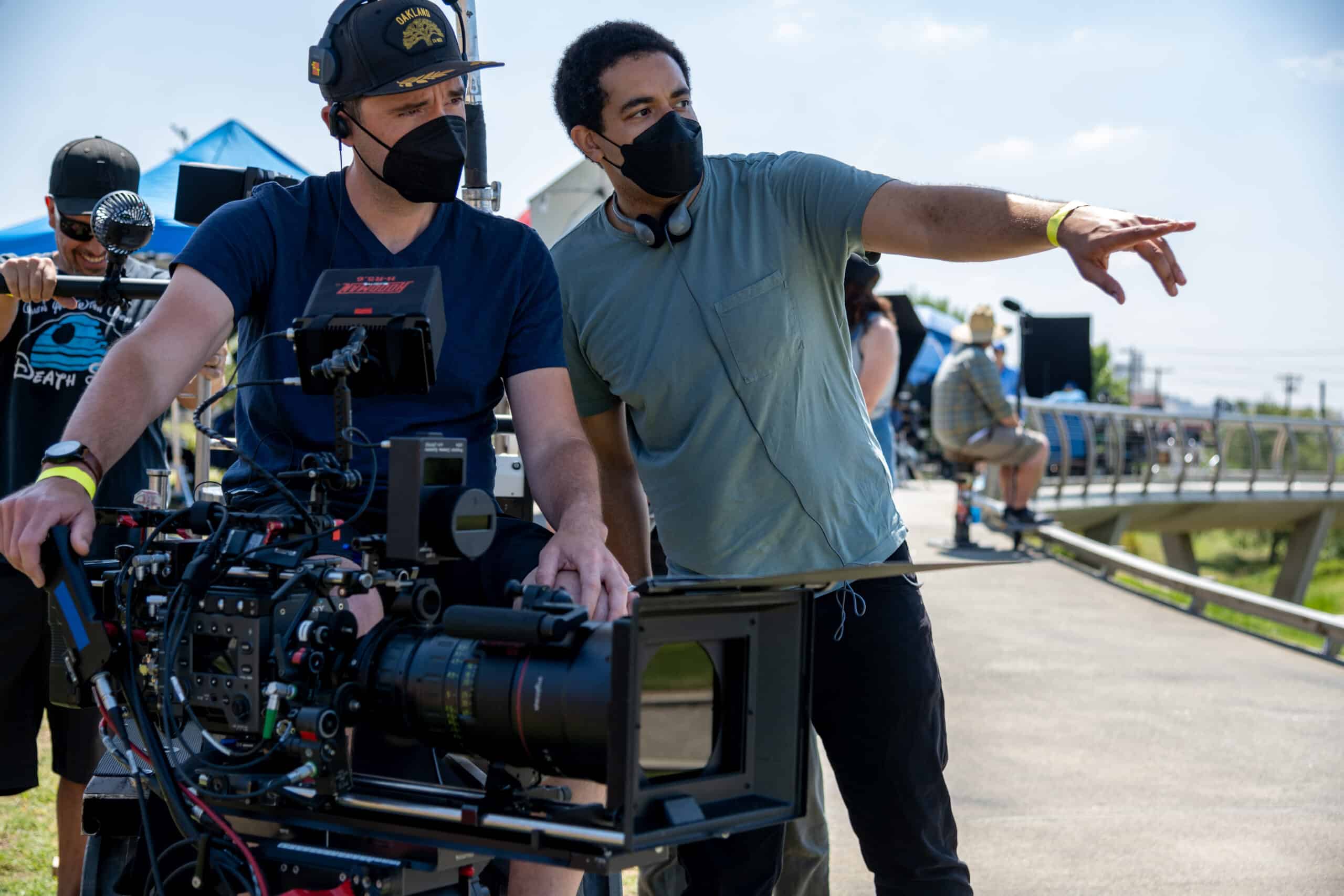
ClutchPoints: As a first-time feature length film, solo written, you did a lot of smart things here that I think were absolutely brilliant. But it makes me also wonder if, during the writing process, were there times, because you wanted to make sure that your message came across, did you feel that you were either maybe being too heavy at times, or the opposite, you had to pull your punches because you didn't find that balance for where this fictional came across with what you wanted to actually present?
Kobi Libii: Writing is a very lonely process, because you're alone. You can you share with people and you get feedback yadda, yadda, yadda, but it's really only until you have a full set of collaborators that you really see the thing.
I mean, the script is not the thing, it's a blueprint for the thing. And so, your best laid plans [are] in the script — you think everything's gonna work and then you get there and you shoot it and it has to be a little different and you cut it and it evolves. So every draft, every version is perfect in it's own way and has it's own utility to the ultimate thing.
CP: In talking about those collaborations, can you go a little bit into what Justice Smith brings to it? Because again, we've all seen Justice do so much work, and I haven't seen everything he's ever done, but I gotta say, this film made me see him in a new light. I'm so impressed by what he was able to pull off on all sides of this thing.
KL: I appreciate that. I think Justice is really brilliant, and I think he did get to do things in this piece that he hasn't gotten to do other places. I think that's partially because it's really nice to work with other Black collaborators who have an experience similar to your experience and can tap into certain depths that you haven't been invited to do in other projects because they came from people who were a little farther away from your experience.
But there's so much he gets to do in this that I think is incredible and I'm really excited for more people to see it and hopefully have that same reaction.
CP: Watching the whole movie, you can see things, but I gotta say in that final kind of outburst, when he says the word “revelation,” it's just the way it comes out of him. And I'm even getting chills now thinking about it because I'm trying to put myself in the shoes of having somebody that could have that feeling. There things that are bought out just in the words, just in the way you wrote them, the way that he delivers them, that makes you think, I didn't even imagine it could even come across this way.
KL: Well, I would say the best days on set are when I don't really say that much because everybody knows the story we're telling and so they don't need feedback — we all know what we're doing. And I don't really think I said anything to Justice the day we shot that final scene. He just he had it and he knew it and I think it's a beautiful performance and so we just did it a few times.
I didn't say anything to him, and he didn't say anything to me, and we both just knew the story we were telling and I love that performance. I love what he does with that speech… it's a tough speech, but he does a beautiful job with it.
The American Society of Magical Negroes will be released on March 15.









